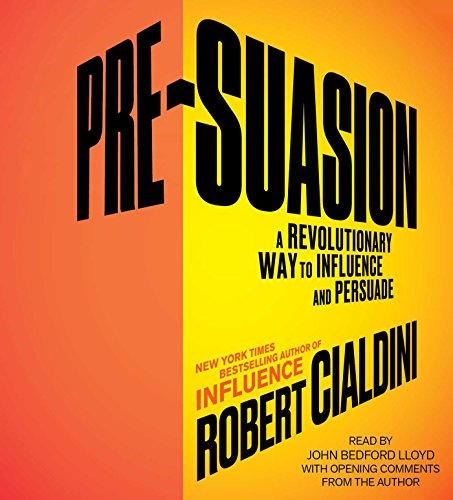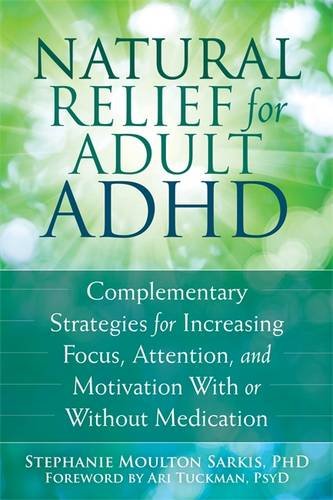
What really motivates students to learn? What gets them interested—and keeps them interested—in pursuing knowledge and understanding? Recent neuroscientific findings have uncovered the source of our motivation to learn, or as neuroscientist Jaak Panksepp terms it, the drive to seek. Seeking is what gets us out of bed in the morning, the engine that powers our actions, and the need that manifests as curiosity.
Informed by new findings on the nature of the brain’s seeking system, internationally renowned educators Gayle Gregory and Martha Kaufeldt have identified key brain-friendly strategies for improving student motivation, knowledge acquisition, retention, and academic success. In this book, readers will learn
* The science behind the motivated brain and how it relates to student learning.
* Strategies for preparing a motivational environment and lesson.
* Strategies for creating engaging learning experiences that capitalize on the brain’s natural ways of learning.
* Strategies for improving depth of knowledge, complex thinking, and synthesis to get students into the ever-desired state of flow.
* How attention to the neuroscience of motivation will improve the classroom environment and student learning.
The Motivated Brain shows teachers how to harness the power of their students’ intrinsic motivation to make learning fun, engaging, and meaningful.


